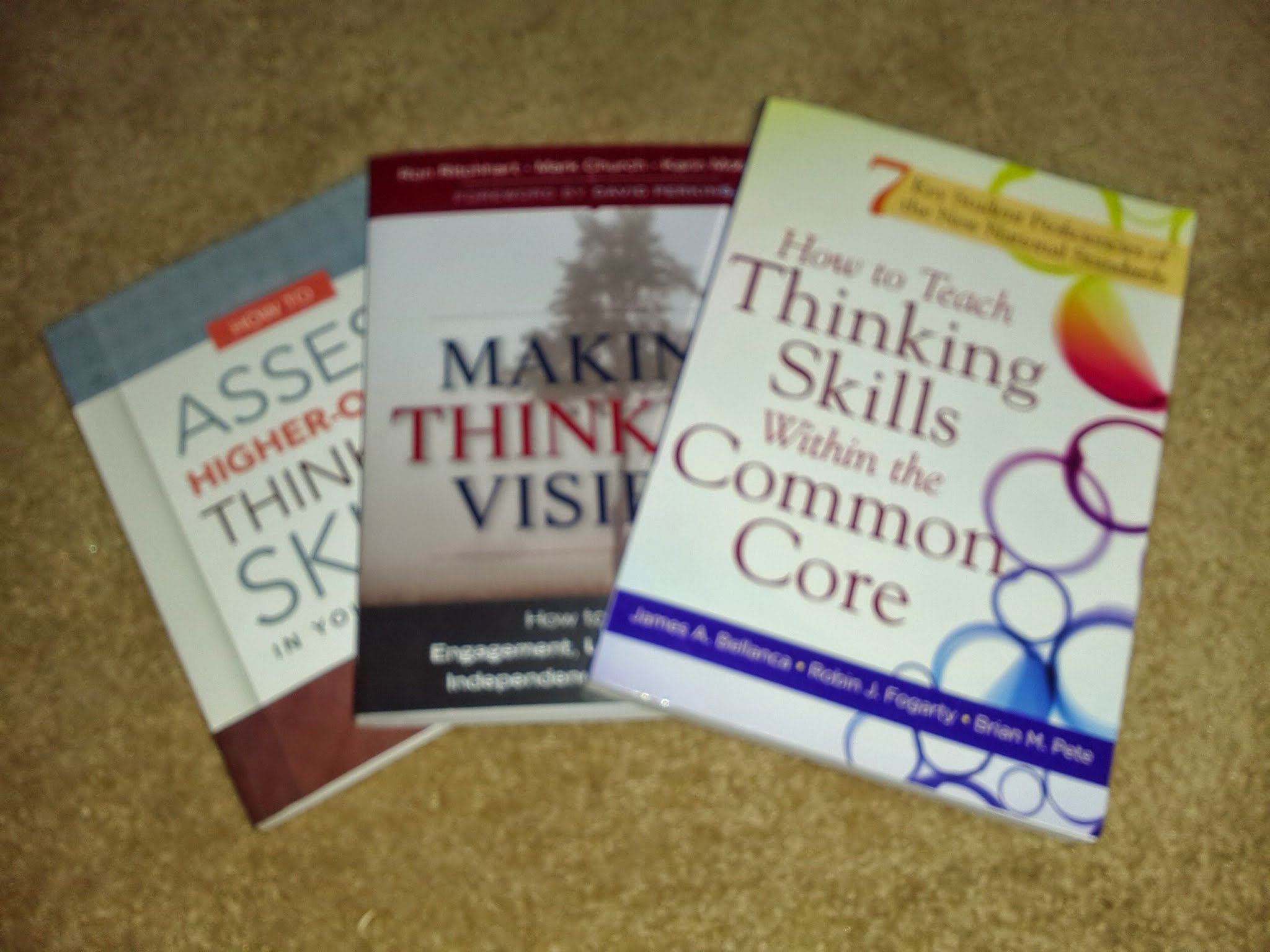In one of my Amazon addiction frenzies in recent months, I ordered
Malcolm Gladwell’s David and Goliath.
Although I skimmed several chapters upon
its arrival, I just got around to reading it cover to cover. I grabbed it on my way out the door for a
cross-country plane trip, thinking I could read it without a highlighter and
ink pen in my hand. Good thought, but I
just don’t seem to be able to read without utensils at the ready.
After all, good writing resonates with the reader. And because I read through the lens of an educator,
I relate most of a writer’s points to teaching and learning. Thoughts must be
captured.
So now, a week after this good read, I’ve returned to the
highlights and added sticky note tags to some of the ideas that triggered my
thinking. Habits of a non-fiction bibliomaniac.
Citing numerous examples, Gladwell posits that underdogs often
overcome giants through unheralded means.
Such was the case when our fledgling charter school launched in the fall
of 2000. Few people believed the doors
would ever open to students, and skeptics doubted it would last. Despite many hurdles that threatened its very
existence, and including being such a new phenomenon that an employee in the state’s
Department of Education insisted that charters were private schools (yes, that really
happened!), the school is completing its 14th year of operation and
will be sending its ninth graduating class off to college in the fall. No small accomplishment. The underdog has
survived, meeting challenge after challenge.
As Gladwell writes, “much of what we consider valuable in
our world arises out of these kinds of lopsided conflicts, because the act of
facing overwhelming odds produces greatness and beauty.” He goes further to say, “the fact of being an
underdog can change people in ways
that we often fail to appreciate: it can open doors and create opportunities
and educate and enlighten and make possible what might otherwise have seemed
unthinkable.”
In shaping and building this charter school from vision to
reality to durable fixture in the educational landscape I have experienced what
Gladwell describes as compensation learning: “what is learned out of necessity
is inevitably more powerful than the learning that comes easily.”
Perhaps that is one reason that I continue to be perplexed
when someone suggests that my background as a charter school employee is underappreciated
by traditional school leaders. (“Charters are just an experiment. You don’t have the same kind of students we
have.”) Hmmm.
Are we that shallow in education that we cannot accept that
one-size-fits-all is an inappropriate educational model? Every child deserves a quality education in
an environment conducive to his/her learning style and needs; different
children thrive in different environments.
For some, independent schools are the right match; for others, charter
schools, traditional public schools, parochial, Montessori, or home schools are
the right match. Regrettably, many have limited
family resources, as well as limited options available in their communities.
By opening our hearts and minds to other models of schooling
and encouraging leaders to cross from one model to another, we can bring together
the best aspects and strategies of a variety of models. And what better way to meet the needs of all
children?
We continue to have to overcome giants.
